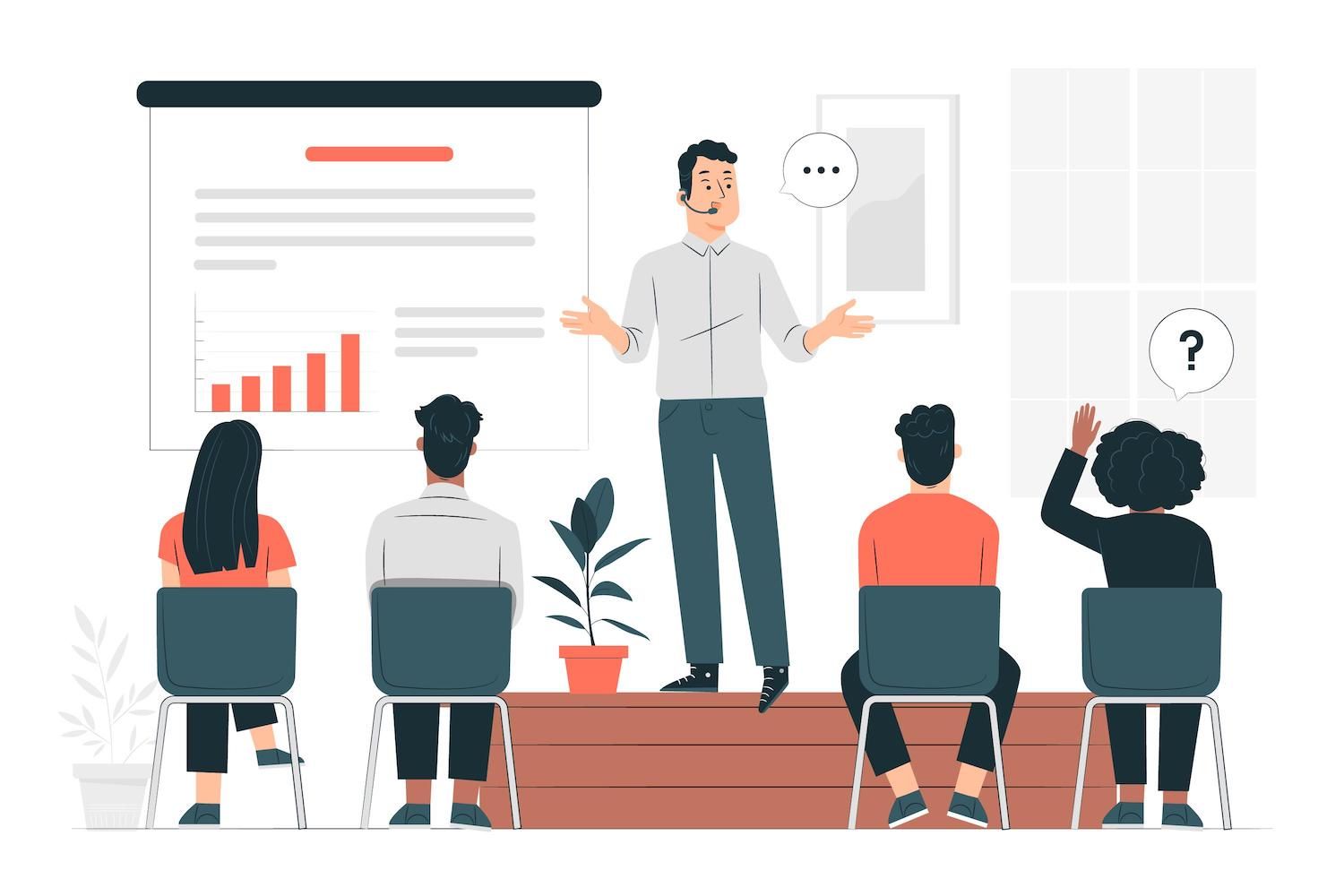Does What Epic wants for App Stores What Other Game Developers Really Want? -
While mobile app and game developers scream for air in the face of an unpopular duopoly tax that is 30% for nearly all mobile gaming revenue worldwide, Epic Games has emerged as the de facto game industry's leader fighting for the right to open computing on mobile.
privately asked both large and small studios of games alike about what they would like to see, and here is the answers they gave to see.
Background: The Slow Decline of Open Computing, and the 30% App Tax
Computing has never been more flexible than today. For a long time, video game and software creators have relied on the open computing with PC as well as Mac platforms since it has enabled developers to release titles as they see fit, have a direct relationship to their users as well as select payment methods that work for them. No gatekeepers were in placeonly a computer an individual player or game. But the world has changed.
Today, over half of the time spent on screens for computing is consumed on mobile devices -- a share that's growing -- and over 100% of mobile OS market shares is split between just Apple as well as Google. Due to the dominance of mobile market share and related tight controls on game distribution and ecommerce, the world that is open to computing now in danger like never previously, and bringing a significant price on consumers as well in the form of app developers and game makers.
Case in point, both Google as well as Apple's app stores enforce a 30% cost for purchases of games as well as products in games distributed by their platform. Apple controls 100% of the distribution of games and ecommerce through iOS devices. On the other hand, Google allows OEM marketplace applications and the sideloading of mobile games however, it severely limits third-party in-game payment for games that are distributed via Google Play.
Google Play does offer a third-party integration of payments for only a few game developers via the " user choice billing" trial; however "user option billing" comes with pricey evergreen marketplace fees that range from 26% to 36%, even if you bring your own payment service provider and take on all of the responsibility and risk of payments.
The net effect of Apple and Google's dominance over this huge portion of computing worldwide is a default 30% tax for mobile games and apps. This tax, paid by players, and is not shared with game developers and blocks the openness of computing and commerce. Because of this monopoly in open computing, developers of games large and small believe something has to change.
What Do Game Developers Who Aren't Epic Want?
The staff at our company embarked on a month-long journey to interview game studios both small and large about what they hoped to see happen with the policies of mobile apps store. While not everyone agreed on every point, here are the top three items they said they wanted:
1. iOS to support sideloading games with no scare screens.
iOS has been restricted for a long time "sideloading" games and apps that are sideloaded when the app is downloaded outside the App Store from the developer's website or a other market. Sideloading allows freedom for players to buy and developers to distribute and sell games, in any way they choose and which the player is willing to comply with. Android permits sideloading games and apps, but only with the dreadful warnings known by the name of "scare screens" that inform smartphone owners about the dangers associated with "downloading software from the internet." The majority of game designers we talked to felt Apple should be able to support sideloading. They also felt they believed that Apple and Google shouldn't use hyper-simple self-serving warning screens that disparage software distribution outside of their own app stores.
2. You can allow Unlimited "steering" and embedded payment through third-party payment platforms.
Both Google and Apple restrict the possibility of displaying prices and purchase options that are supported by third-party payment providers that are not part of the app store. The same item may be offered at cheaper prices for players, however game developers cannot direct their players towards those alternatives, provide links to different purchases, or even embed third-party purchase experiences inside their games. While many game developers we spoke with found great benefit in using apps, the majority of preference was to give gamers and developers the option to eliminate steering and embedded payment restrictions.
3. A 0% cost for steering and embedded payments.
The ability to allow steering and embedded payment is an issue, but as we've seen with Google's "user preference billing" pilot, the capability to perform something as well as the motivation to make money from it are two different factors. The pilot of "user choice billing" featuring a still-massive 26% fee for payments made through third-party payment providers, combined with the fees that these providers are charged, it amounts to no benefit for most game developers. Game developers that we spoke to believed that 0% was a fair amount for transactions not in the app store; however, many did seem supportive of some sort of financial reward for the app stores helping to drive the adoption and download of games. However that a cut of 26% of each transaction made by a third party is quite different from what game developers thought was fair.
What's next?
While there are other subtle desires regarding the way apps operate, which game developers want to see, these three demands are at the heart of what they believe would drive true change in open computing on mobile devices.
About

